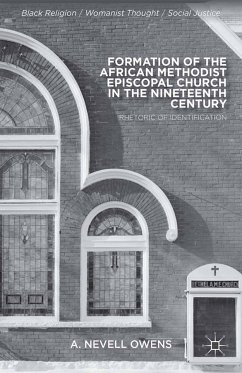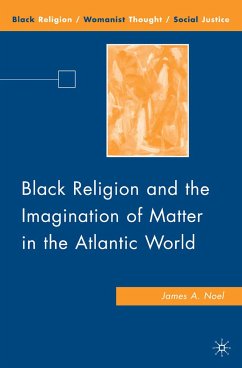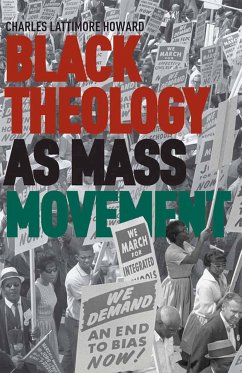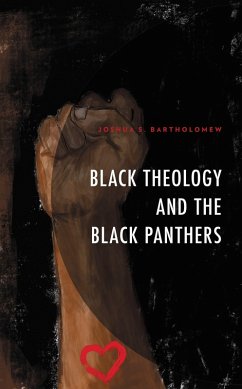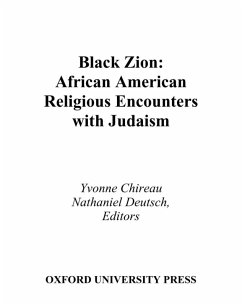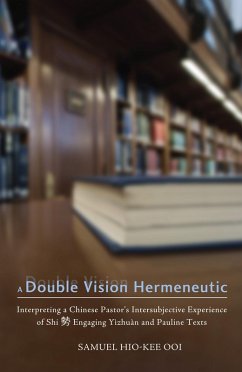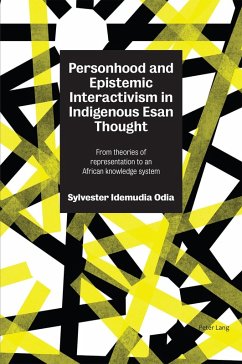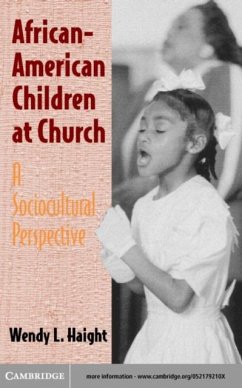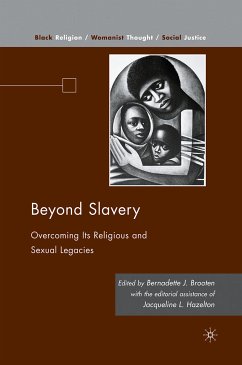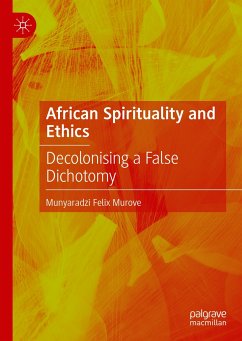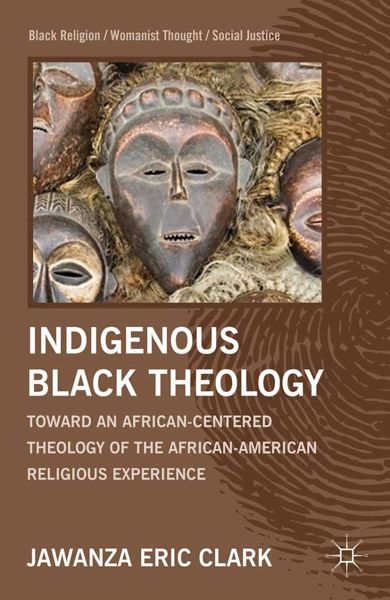
Indigenous Black Theology (eBook, PDF)
Toward an African-Centered Theology of the African American Religious Experience
Versandkostenfrei!
Sofort per Download lieferbar
72,95 €
inkl. MwSt.
Weitere Ausgaben:

PAYBACK Punkte
36 °P sammeln!
This work is concerned with the way Black Christian formation, because of the acceptance of universal, absolute, and exclusive Christian doctrines, seems to justify and even encourage anti-African sentiment.
Dieser Download kann aus rechtlichen Gründen nur mit Rechnungsadresse in A, B, BG, CY, CZ, D, DK, EW, E, FIN, F, GR, HR, H, IRL, I, LT, L, LR, M, NL, PL, P, R, S, SLO, SK ausgeliefert werden.



